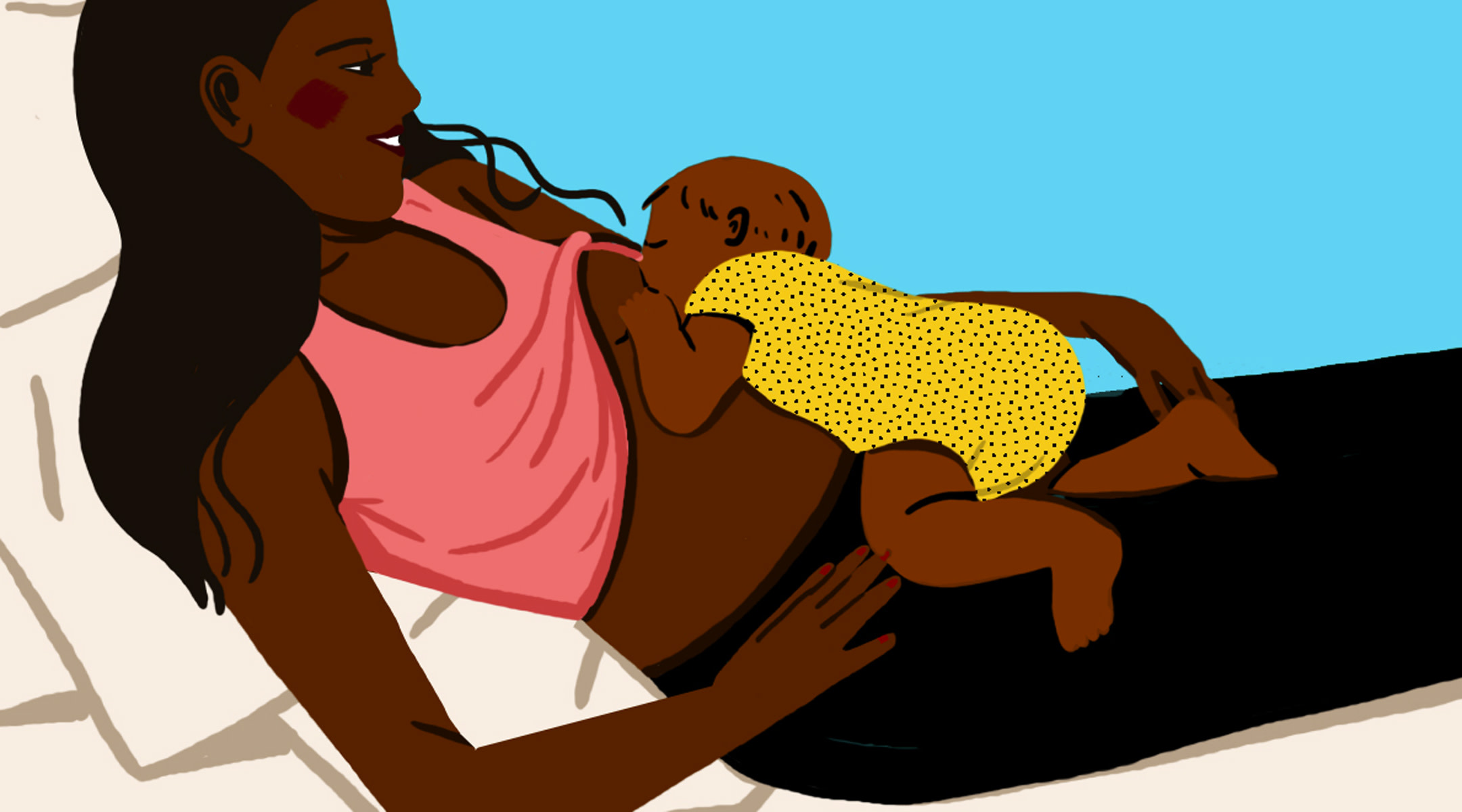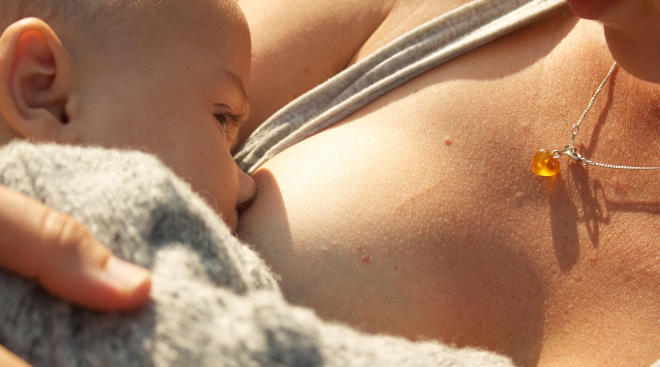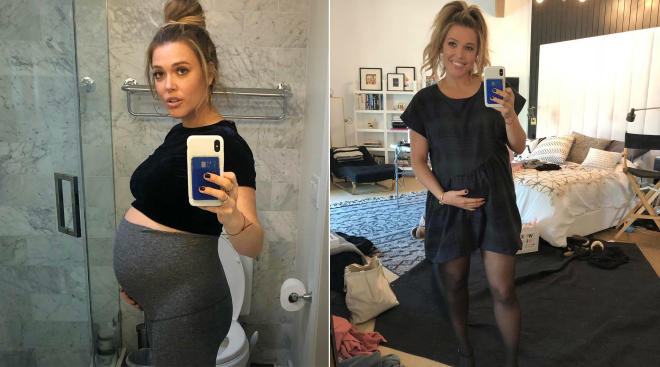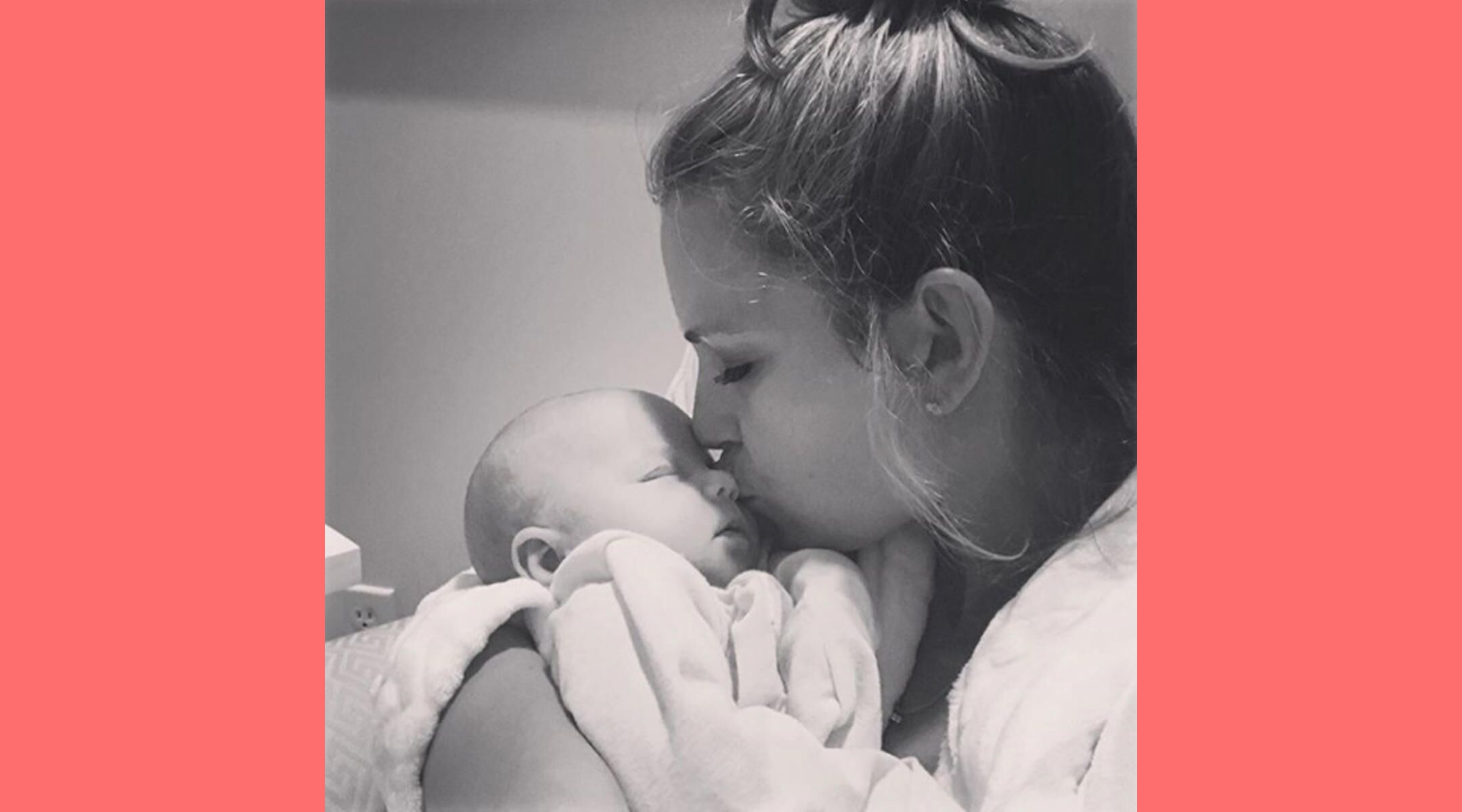14 Things I Wish I Knew Before I Started Breastfeeding
A little over two years ago, I set out to breastfeed my first born. I couldn’t ask my mother for advice because when my mom had me, breastfeeding was not the norm. There was a lack of education on the benefits of breast milk, and many were considered “poor” if they breastfed because people assumed they couldn’t afford formula. So with no lessons to be passed down, I wanted to ensure I was educated and prepared.
I took a pre-delivery breastfeeding class and overall, I felt confident I knew enough to be a successful breastfeeding mom. As soon as my daughter popped out of my vagina, my first few sentences were: ‘Oh my gosh, she is so beautiful! Please place her on my chest now! Where is the lactation consultant? I need to breastfeed!’ The panic to get the wheels in motion and to start that healthy connection was urgent and immediate in my mind.
Initially, things with my daughter went rather smoothly. She latched with no problem and she sucked with no problem. But oh, my gosh–the pain! I felt like my nipples were being ripped off during every feeding. I would clench my jaw and close my eyes and bite through each agonizing session. Despite the pain, I loved breastfeeding my daughter. It was an endless, emotional and amazing journey for us.
But every time I thought I had things under control, something new would shock and surprise us. While I felt so ready to breastfeed, there were so many things I would have loved to know before I started. So here’s the advice I wish I was given as a new mom breastfeeding:
1. Breastfeeding hurts initially.
Whether this is your first or fourth baby, it hurts (severely). It doesn’t necessarily mean baby is latching poorly. Your nipples need to adjust to someone sucking them, aggressively. Push through the pain and within two to three weeks your body will adjust.
2. Ask to see the hospital Lactation Consultant (LC) as soon as possible.
Push baby out and literally say, “When can the lactation consultant come to my bedside?” Do not settle for only receiving help from your delivery nurse. Although helpful, they don’t specialize in this field and can inadvertently give you bad advice.
3. Have your partner present when the LC visits.
You’ll need their support throughout this journey. More than likely, you’ll be physically and emotionally exhausted. Your partner may catch information you missed and can help position baby properly. My husband actually video recorded the LC showing us how to put together and use the breast pump! We were so tired when she was coaching us we knew we would never retain all the information when needed.
4. Be ready for pain—in other places.
During the first week or so, breastfeeding causes the uterus to contract while you feed, and it’s quite painful. You may feel pain not just in the abdominal area but also in your back. This will subside once your uterus shrinks back to size.
5. You’re going to be hungry.
During the first few weeks, breastfeeding will cause you to be extremely hungry, thirsty, and might even make you nod off while you’re feeding baby. This is due to hormones (oxytocin and prolactin) being released while breastfeeding.
6. Bring a nursing pillow.
Bring your Boppy pillow, your Breast Friend–whatever pillow you plan to use while breastfeeding–to the hospital. It’s important to feel comfortable while feeding both for you and baby.
7. Lube up.
Buy a tube of Lanolin or other type of nursing ointment before delivery and put it on your nipples after every single feeding. It helps with the pain tremendously.
8. If you see something, say something!
If you see red blotches on your breast or they’re hot to touch, call your LC first and your OB second. More than likely these are signs of mastitis, and you need to aggressively attack the infection before it gets severe and affects your milk supply.
9. Be patient, mama.
It can take up to five days for your milk to come in. But even if you’re only seeing droplets of colostrum come from your breast during this time, don’t think baby isn’t getting enough food. Baby’s belly is the size of a penny—your little one doesn’t need anything more than whatever amount of colostrum your body is producing.
10. Don’t stress your milk supply.
The amount of milk you can pump is not indicative of the amount of milk baby is receiving when they’re feeding. If you only pump one ounce of milk per breast, don’t think that’s all baby is receiving. Babies have a stronger ability to suck than a pump. Behavior and weight gain will tell you if baby is properly satisfied at the breast.
11. Keep extra shirts handy.
Once your milk comes in, you’ll soak through shirts, sheets… even baby’s clothes while you feed on one side!
12. Trust your lactation consultant.
Contact a LC with your concerns; this is what they specialize in.
13. Do your research—and save some cash!
Due to The Affordable Care Act (ACA), your breast pump might be free! Call your insurance company 30 days prior to your delivery to inquire.
14. Kiss your free-time goodbye.
Breastfeeding is a time commitment. You won’t fully grasp this until you’re doing it. But besides not having to wash bottles or mix formula in the middle of the night, you’re giving baby the best nutrients they can possibly receive.
Danielle Koubaro provides hopes readers can find humor in parenting and commiserate with her journey through motherhood. Find her on Facebook or on Twitter at @waiting4tuesday.
Please note: The Bump and the materials and information it contains are not intended to, and do not constitute, medical or other health advice or diagnosis and should not be used as such. You should always consult with a qualified physician or health professional about your specific circumstances.
Navigate forward to interact with the calendar and select a date. Press the question mark key to get the keyboard shortcuts for changing dates.
















































